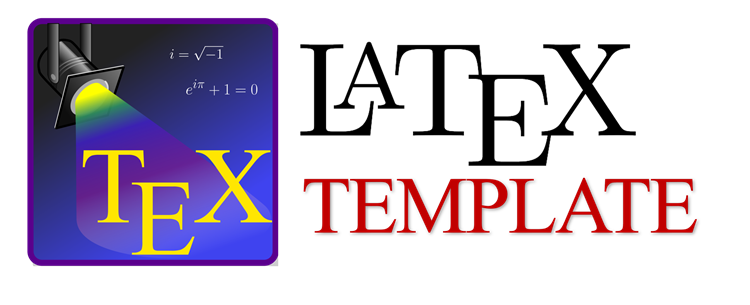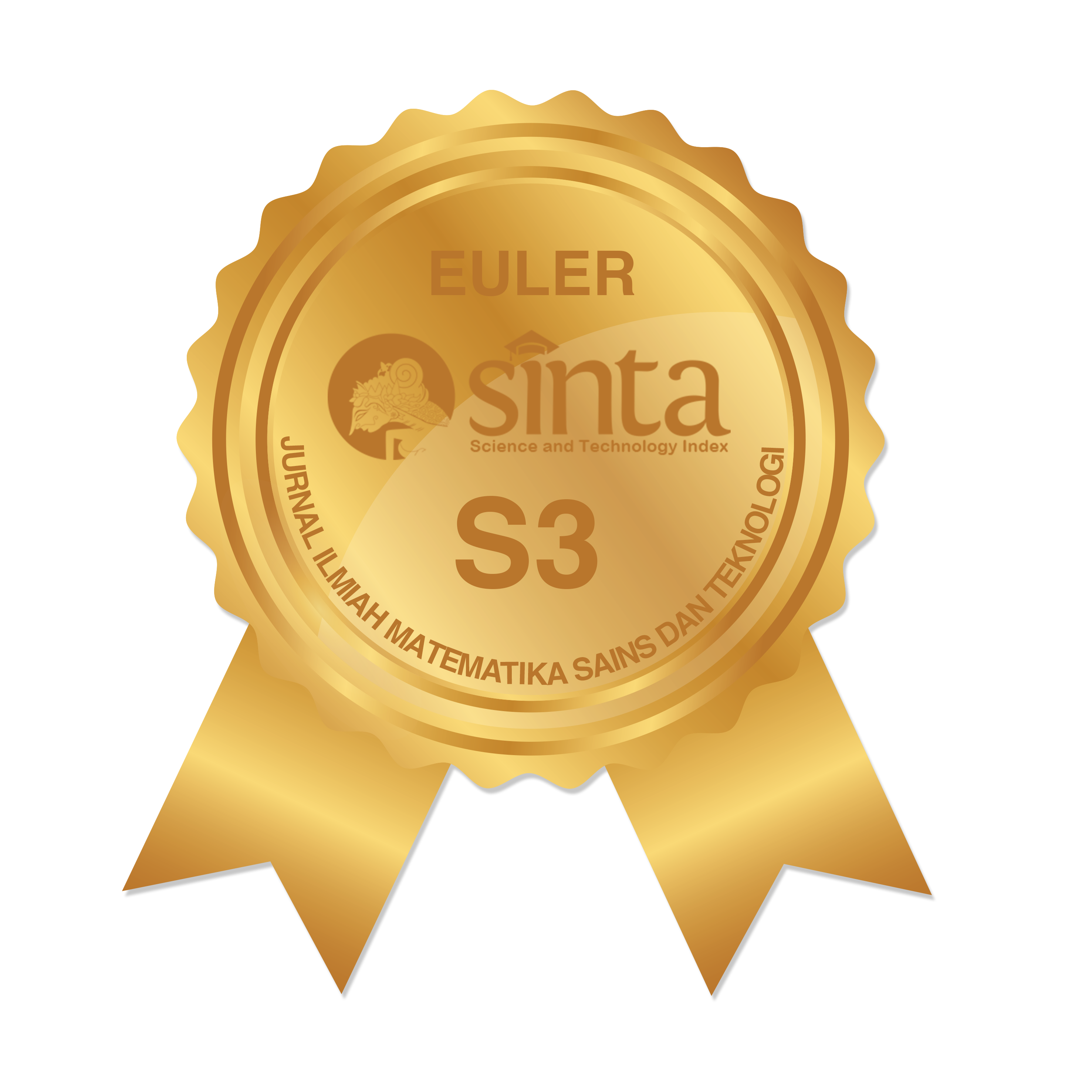ANALISIS KEMANDIRIAN BELAJAR SISWA MELALUI PEMBELAJARAN DARING PADA MATA PELAJARAN MATEMATIKA
Abstract
Keywords
Full Text:
PDFReferences
A. Anzora, "Analisis Kemandirian Siswa Pada Pembelajaran Matematika Dengan Menerapkan Teori Belajar Humanistik" Jurnal Gantang, vol.2, no. 2, pp. 99-103, 2017. DOI: https://doi.org/10.31629/jg.v2i2.200.
S. Nurfadilah S dan D.L. Hakim, Kemandirian Belajar Siswa Dalam Proses Pembelajaran Matematika, in Prosiding Sesiomadika Seminar Nasional Matematika dan Pendidikan Matematika, Universitas Singaperbangsa Karawang, 2019.
O.I. Handarini dan S.S. Wulandari, "Pembelajaran Daring Sebagai Upaya Study From Home (SFH) Selama Pandemi Covid-19" J. Pendidik. Adm. Perkantoran, vol. 8, no. 3, pp. 496-503, 2020.
D. R. Hidayat, A. Rohaya, F. Nadine, and H. Ramadhan, "Kemandirian Belajar Peserta Didik dalam Pembelajaran Daring pada Masa Pandemi COVID -19" Perspekt. Ilmu Pendidik., vol. 34, no. 2, pp. 147-154, Oct. 2020, doi: 10.21009/PIP.342.9.
I. Muhammad, "Pengaruh Perkuliahan Daring terhadap Kemandirian Belajar Mahasiswa Prodi Pendidikan Matematika Universitas Malikussaleh" J. Ilm. Pendidik. Mat. Al Qalasadi, vol. 4, no. 1, pp. 24-30, Jun. 2020, doi: 10.32505/qalasadi.v4i1.1567.
A. Sadikin and A. Hamidah, "Pembelajaran Daring di Tengah Wabah Covid-19" BIODIK, vol. 6, no. 2, pp. 109-119, Jun. 2020, doi: 10.22437/bio.v6i2.9759.
N. Fahradina dan R. Mawardati, "Peningkatan Kemampuan Komunikasi Matematis dan Kemandirian Belajar Siswa SMP dengan Menggunakan Model Investigasi Kelompok" Jurnal Didaktik Matematika, Vol. 1, No. 1, September 2014.
S. Hafsah S, "Analisis Kemandirian Belajar Siswa Dalam Pembelajaran Tematik Di Kelas 2 Sdi Al-Azhar 17 Bintaro" Universitas Islam Negeri Syarif Hidayatullah, 2019.
M. R. Kidjab, S. Ismail, and A. W. Abdullah, "Deskripsi Kemandirian Belajar dalam Pembelajaran Matematika SMP" Euler J. Ilm. Mat. Sains dan Teknol., vol. 7, no. 1, pp. 25-31, Jun. 2019, doi: 10.34312/euler.v7i1.10330.
S. Arikunto, Prosedur Penelitian. Jakarta: Rineka Cipta, 2010.
D. Suciati, "Profil Kemampuan Penalaran Siswa dalam Memecahkan Masalah Aritmetika Sosial" J. Pendidik. Mat., Vol. 3, No. 1, pp. 48-49, 2015.
DOI: https://doi.org/10.34312/euler.v8i1.10392
Refbacks
- There are currently no refbacks.
Copyright (c) 2020 Faisal Suleang, Nancy Katili, Siti Zakiyah

This work is licensed under a Creative Commons Attribution-NonCommercial 4.0 International License.
Euler : Jurnal Ilmiah Matematika, Sains dan Teknologi has been indexed by:
EDITORIAL OFFICE OF EULER : JURNAL ILMIAH MATEMATIKA, SAINS, DAN TEKNOLOGI |
 | Department of Mathematics, Faculty of Mathematics and Natural Science, Universitas Negeri Gorontalo Jl. Prof. Dr. Ing. B. J. Habibie, Tilongkabila, Kabupaten Bone Bolango 96554, Gorontalo, Indonesia |
 | Email: [email protected] |
 | +6287777-586462 (WhatsApp Only) |
 | Euler : Jurnal Ilmiah Matematika, Sains dan Teknologi (p-ISSN: 2087-9393 | e-ISSN:2776-3706) by Department of Mathematics Universitas Negeri Gorontalo is licensed under a Creative Commons Attribution-NonCommercial 4.0 International License. Powered by Public Knowledge Project OJS. |














